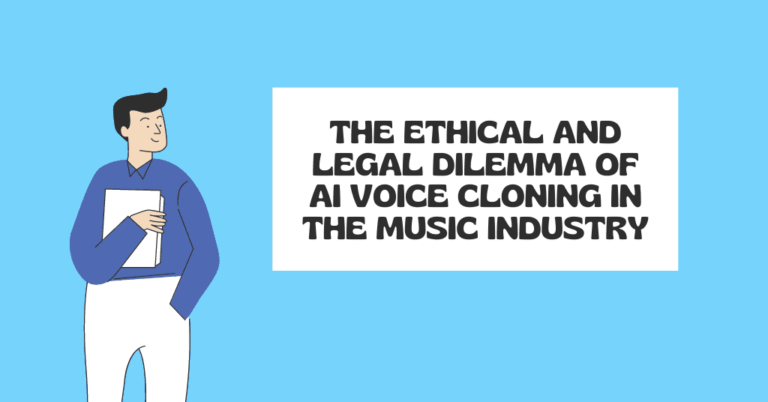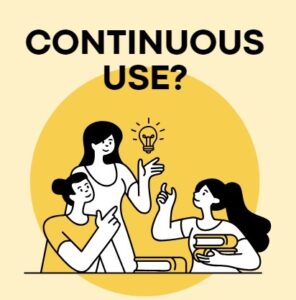In recent years, artificial intelligence (AI) has made remarkable progress in various fields, including music production. Voice cloning in music has been a subject of intense debate, raising questions about copyright infringement, moral rights, and the preservation of artistic integrity. The recent criticism voiced by legendary Indian playback singer Kumar Sanu against AI voice duplication brings attention to the mounting concerns within the music industry.
Table of Contents
TogglePower and Potential of AI Voice Cloning
AI voice cloning technology has made significant progress in recreating the voices of singers with outstanding precision. This ability has resulted in the development of new songs that utilise the voices of artists who have passed away, as demonstrated in the recent example of “Pehle Hi Main.” This song was created using an AI-generated voice that mimics the late Mohammed Rafi, who sadly passed away in 1980. Although this technology presents fascinating opportunities for music production and preservation, it also brings up important ethical and legal concerns.
Dealing with Copyright Infringement
Copyright infringement is a significant legal concern when it comes to AI voice cloning. A singer’s voice is regarded as their valuable asset, safeguarded by copyright laws in numerous jurisdictions. When AI is employed to imitate a singer’s voice without authorization, it may potentially infringe upon copyright protections. This encompasses violations of reproduction rights, distribution rights, and the unauthorised creation of derivative works.
Moral Rights and Personality Rights
In addition to copyright concerns, AI voice cloning also brings up ethical and legal questions surrounding moral rights and personality rights. It is important for singers to safeguard their work from any alterations or manipulations that may negatively impact their reputation. Additionally, there is a potential for confusion and misrepresentation when AI-generated voices are not explicitly identified. Furthermore, in numerous legal systems, people possess the authority to regulate the commercial exploitation of their identity, appearance, or voice. Voice cloning might be perceived as a violation of these rights.
Cloning the Voices of Deceased Artists
Using AI to replicate the voices of deceased artists, such as Mohammed Rafi, brings about a whole new set of challenges. Although copyright protection usually lasts for many years after an artist’s passing, the ethical considerations surrounding the use of a deceased artist’s voice without their permission are quite substantial. There are concerns regarding the preservation of the legacy and artistic intentions of deceased musicians.
Industry Response
Kumar Sanu’s decision to pursue legal protection against AI voice cloning demonstrates a rising recognition of these concerns within the music industry. Other artists and industry professionals are also advocating for the establishment of regulatory frameworks to oversee the utilisation of AI in music production. There are several potential solutions being discussed to address the challenges posed by AI in music. These include establishing licencing protocols for the use of AI-cloned voices, requiring clear disclosure when AI voice cloning is used in a production, and developing specific laws to tackle these unique challenges.
The Path Forward
As AI technology advances, it is essential for the legal system to stay up to date. Collaboration between the music industry, legislators, and AI developers is crucial in establishing a framework that balances the protection of artists’ rights with the promotion of innovation. This could potentially include the need to revise copyright laws to specifically tackle AI-generated content, setting industry norms for the ethical application of AI in music production, and devising methods for artists to maintain control over and profit from the utilisation of their AI-replicated voices.
Conclusion
The emergence of AI voice cloning technology brings forth a range of possibilities and complexities for the music industry. Although it presents exciting opportunities for creativity, it also raises serious concerns regarding artists’ rights and the authenticity of their work. As evidenced by Kumar Sanu’s case, it is clear that there is a pressing requirement for the establishment of legal and ethical frameworks to regulate the utilisation of this technology. As we move forward with the more enhanced versions of AI, it’s crucial to find a harmony between technological advancement and safeguarding artists’ rights. It is crucial to establish thoughtful regulation and foster industry cooperation to ensure that AI positively impacts the creative ecosystem of the music industry.






